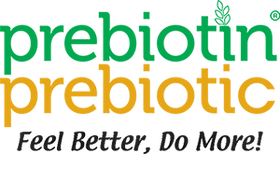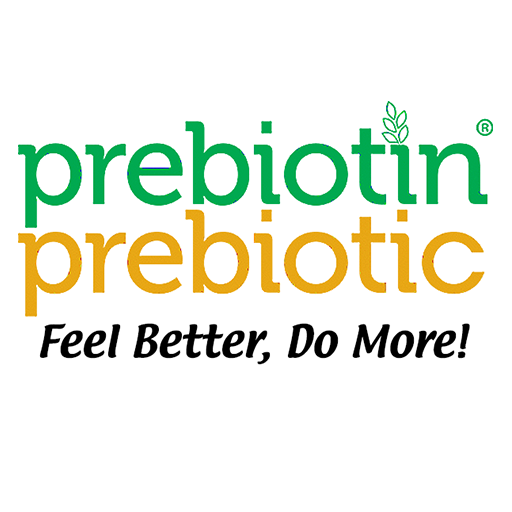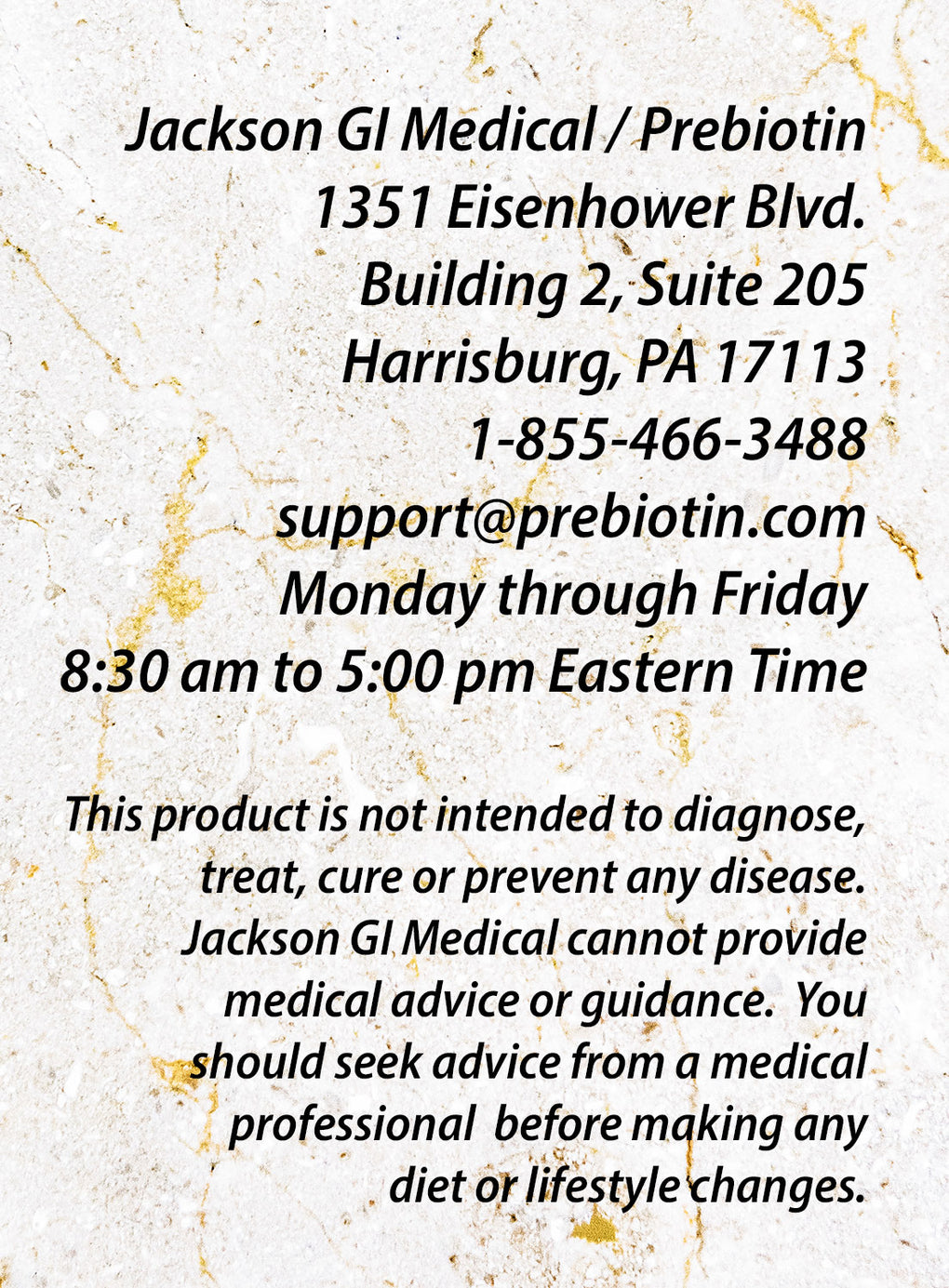
by Dr. Frank Jackson
Prebiotin Academy
Medical Concerns, Scientific Research and Diets
Antibiotics and the Microbiome
Resources on this page:
CURRENT NEWS
Although critically important in addressing disease and unhealthy conditions in the body, Antibiotics also wreak havoc on the gut by killing both good and bad bacteria. It is essential that one takes the appropriate steps to mitigate the destructive impacts on the good bacteria by addressing this resulting affect. Prebiotics such as Prebiotin chicory root fiber can be most beneficial in helping restore the good bacteria in the gut both during and after a course of antibiotics.
Scientific Research
Clearly, the development of antibiotics in the 1940s and 50s has had a huge impact on human health as many of the previously serious and/or fatal infectious diseases were now cured. However, it has taken almost 50 years for us to realize that all these health benefits come with a cost. The gut bacterial pool, called the microbiome, is now well recognized to be a vital part of long-term good health. There are over 2000 species and well over 100 trillion bacteria in the colon. Almost all bacteria will have destructive effects on this health organ. It may take over 2 months for the bacterial makeup to reach its previous normal level. This article gives a general overview of the problem.
Antibiotic treatments and microbes in the gut.
This article makes the case for obesity being tied to the low dose of antibiotics that have been fed to food animals to increase their weight. These low levels of antibiotics then flow through the food chain, finally reaching the customer who is then exposed to these small doses of residual antibiotics. The effect on colon bacteria which can lead to a bacterial makeup that inadvertently increases calories in the consumer is a potential problem.
Obesity in the United States – dysbiosis from exposure to low-dose antibiotics?
Even liver disease can be tied to abnormalities in the gut bacterial makeup. Here is a situation where an antibiotic is clearly tied to abnormal liver and bile abnormalities as well as to insulin resistance in the type 2 diabetic.
Impact of oral vancomycin on gut microbiota, bile acid metabolism, and insulin sensitivity.
Finally, this is another overview that shows how antibiotics can indiscriminately and adversely affect the colonic health organ.
Differential effects of antibiotic therapy on the structure and function of human gut microbiota.
The bottom line is to be sure that a course ofantibiotics is clearly needed. Remember that your colon bacterial makeup is a healthy organ and antibiotics are not its friend. Use them only when clearly needed. Further, it might be appropriate to purchase meats and poultry from producers who do not use antibiotics in their feed so as to fatten their animals prior to sale.
Explore More
Medical Concerns, Scientific Research and Diets
-
Antibiotics and the Microbiome
-
C. Difficile
-
Calcium and Bone Density
-
Cancer
-
Celiac Disease and Gluten Intolerance
-
Children and Prebiotics
-
Colon Gas and Flatus
-
Colon Polyps and Cancer
-
Constipation
-
Crohn’s Disease
-
Diabetes Type 2
-
Diarrhea
-
Diverticulosis
-
Dysbiosis
-
End Stage Kidney Disease/Dialysis
-
Fatty Liver/Steatohepatitis
-
Fissure, Fistula and Abscess
-
Gut-Brain Connection
-
Heart and Cardiovascular
-
Hemorrhoids
-
High Fiber Diet
-
Immunity
-
Inflammatory Bowel Disease
-
Irritable Bowel Syndrome
-
Leaky Gut Syndrome
-
Low Fat Diet
-
Low Fiber Diet
-
Obesity and Weight Management
-
Toxins in the Colon
-
Ulcerative Colitis





